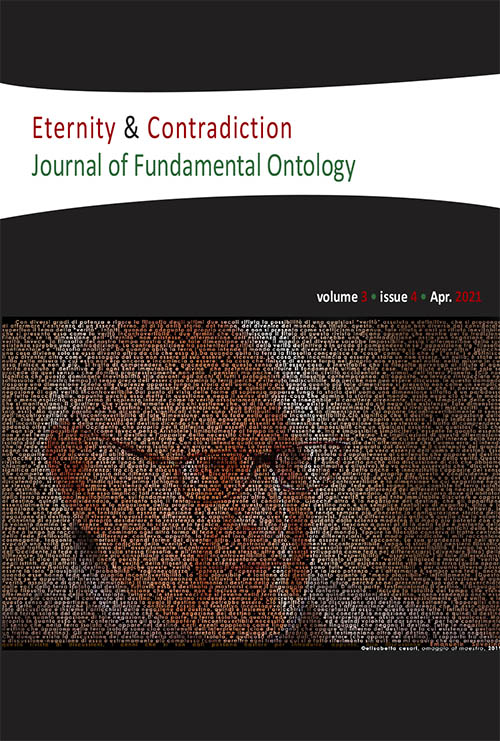Nothing in particular
DOI:
https://doi.org/10.7346/e&c042021‐10Abstract
In this paper, I introduce and discuss a paradox that I call “subtraction paradox”. The subtraction paradox has the same basic structure as many other puzzles involving the notion of nothingness. Roughly, the structure is this: sometimes we presuppose, when we speak, that “nothing” (“nothingness”) denotes something; however, if so, the thing denoted by “nothing”, viz., nothing, cannot be nothing (for no thing is nothing). It may be tempting to think that the subtraction paradox ultimately depends on the fact that the notion of nothingness is especially problematic. In this paper, I draw doubt on this view, showing that essentially the same paradox can be formulated with no appeal to the notion of nothingness. In the Appendix, I suggest that the paradox ultimately depends on a principle connecting facts and truths and on the possibility of (impredicative) quantification over facts. I also suggest that the paradox is a fact‐based version of standard antinomies such as Cantor’s paradox.


